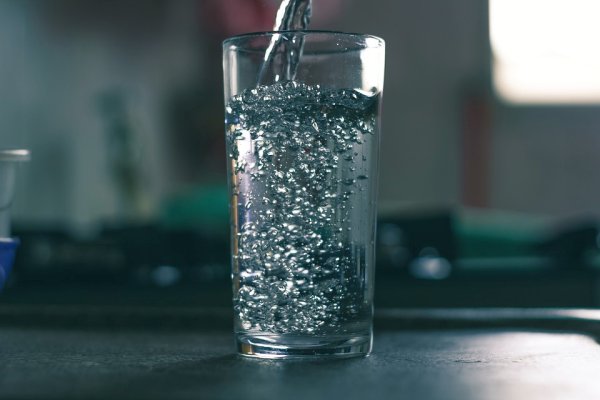
Deionized water vs. distilled water has been a long standing comparison by among those who want to have the purest drinking water. This is also mostly argued upon by those who design and manufacture water filters and water purification equipment. Actually, there are some differences between the two methods used although they have the same objectives, to produce the cleanest and purest drinking water. Other than that, their prices are also based according to the technology they use.
The water produced from deionization is more similar to water filtration and sometimes it is considered a part of the filtration process. Water passes through a single or multiple filters in which every single filter can filter out certain particles. These particles are composed of dissolved salts. The filters can filter these salts out along with other impurities that are commonly present on household water. However, one drawback of deionization is that it does not remove the smallest germs from the water.
Efficiency Of the Distillation Process
The process of distillation involves only a simple process and one can do this using only simple basic utensils. The distillation process involves the boiling of the water until steam forms. The steam produces water condensation and the condensed water is what makes the drinking water.
With boiling, almost all water-borne germs will be killed so even if you drink the water right after the distillation process, there will be no germs in it. However, if there is not enough boiling in the distillation process some germs may still remain in the water.
One specific difference between deionized water vs. distilled water is that the distilled water can be considered water that is already in a modified state since most of the water properties are cleansed out during the distillation process. There would be no impurities left and no sediments either. Moreover, it would take few boiling passes before true drinking water is produced with the distillation. Testing will prove if impurities are removed.
Which is More Pure?
There are actually no definite testing on which of the two methods can produce the purest water. Both use repeating processes to produce the cleanest water.
The deionized water is produced with water repeatedly passing through filters while distilled water goes through the same repeating processes. Their operational cost is also hard to assume.
However, there is an opinion that deionized water can only reach its highest level of water purity if the most costly deionization equipment is used because simple water filtration cannot totally produce very clean water. In other words, with basic filtration, bacteria and viruses can still be present in the deionized water.
To wrap it up, the usual question on which is better, deionized water or distilled water, does not have a straightforward answer. What is more important is how this can produce clean water to secure our health and how the equipment used in these processes can efficiently use energy.
Distillation, on the other hand, can be done at home because it only involves boiling that can kill bacteria and viruses. Deionized water can only be done with the use of equipment with efficient multi-stage filtering system and this is the reason why deionizing machines are only popular for commercial use.


